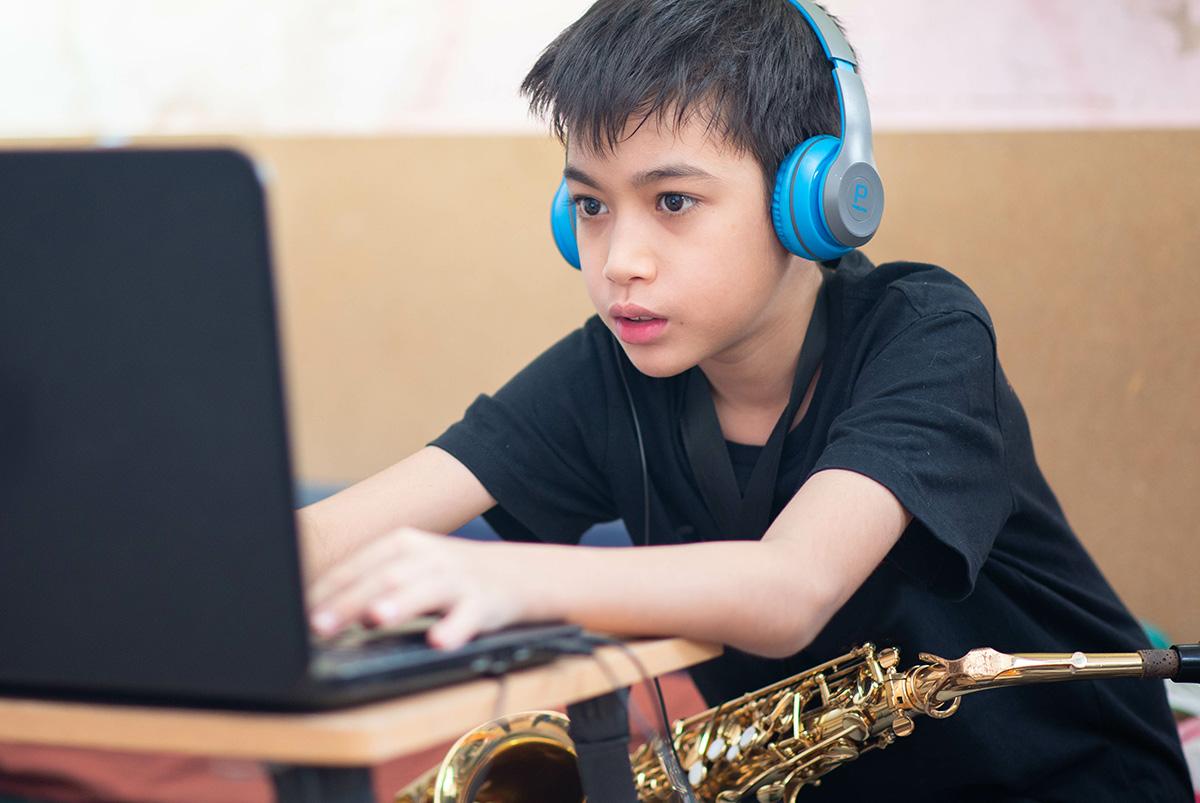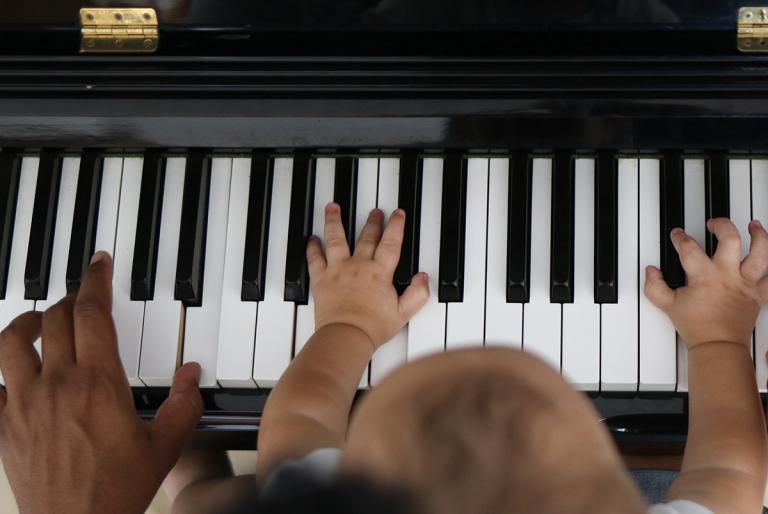
At MusicFirst, we’ve long been advocates of virtual learning as an adjunctive tool to facilitate learning; never did we imagine that it would become so vital. We have had a unique perspective during the coronavirus crisis, playing witness as so many of our subscribers have adjusted to this highly unusual set of circumstances. We’re humbled and honored to have been able to support educators during this period, and we’d like to share a few of their experiences with you.
We are living through a watershed moment in history; as a society, we are more connected now than we have ever been, allowing a disease like COVID-19 to spread with more rapidity than we could have anticipated. The changing landscape of this interconnectedness, however, has been one of our greatest tools in overcoming the challenges social distancing measures have imposed on educators. In the face of abrupt school closures, educators across the country have risen to the challenge of virtual learning. They’ve adapted their lesson plans and adopted new software, often in a matter of days, and helped their students transition to this new mode of learning. They’ve reached out to each other through social media to share best practices and tips, recommend software tools, and provide much-needed emotional and moral support.
Music teachers are accustomed to juggling an incredible variety of priorities, so many have approached technology adoption with the same enthusiasm and vigor. While counterintuitive, veteran music technology educators have consistently offered the same advice: less is more. Shawna Longo, TI:ME’s 2019 Teacher of the Year, advises her fellow teachers: “We cannot cover the same amount of material virtually as we do in school. Too many teachers want to make virtual learning the same as in-school learning. We need to remember that sitting in front of a computer all day is exhausting. If you normally teach a 40-minute class, cut that time in half for virtual learning. Give the kids ‘brain breaks’ and options for activities and learning as much as possible. Keep it simple, keep it engaging, and keep it fun!”
Brian Zeglis, Assistant Band Director at Davenport Central High School, has kept it simple by using this time to hone skills like sight reading. “[Since] we will not have Solo/Ensemble or Large Group Festival this year, I am gearing all of my focus onto the development of individual skills (technique exercises, listening skills, improv fundamentals). This is an opportunity for us to emphasize all of those things that we wish we had more rehearsal time for.” But as an ensemble director, he’s committed to using technology to encourage quality practice time, too. “We have input as many things as possible into PracticeFirst, …[using] the program as an improvement tool in lieu of in-class instruction.”
Not every instructor, however, has been able to rely on students having access to their instruments. Roslyn White, Band Director at Wadleigh Secondary School for the Performing and Visual Arts, teaches in New York City, an area hit especially hard during the coronavirus epidemic. When the announcement was made on March 15 that NYC schools would be closed until at least April 20, she was faced with the reality of teaching in an entirely new way. “MusicFirst Classroom offered us a way to stay connected and continue to learn in an interactive and engaging way when didn’t have access to our physical instruments. The software provided reading material, accompanying videos, and quizzes that check for understanding all in one platform. Students can even explore content on their own.” Self-guided exploration, Zeglis agrees, could be one of the long-lasting impacts of virtual learning. His hope is that his students “find a new self-motivated educational drive that leads them to be lifelong learners and musicians.”
Longo also agrees that this mass adoption of technology could have some positive impacts in education further down the line. “I think this is absolutely going to change the way many teachers go about teaching their students. I hope increasing the use of technology as an authentic and meaningful way to connect with students will be a positive take-away from this experience. And, hopefully, snow days will just become ‘digital learning days’!”
When all is said and done, Zeglis sums it up best: “Technology doesn’t replace good instruction; it only enhances it.” MusicFirst was established to provide tools to music educators to enhance their instruction, and never has it been more clear, to us and to the world, that good instruction requires good educators. We are in awe of all of the amazing music educators who have risen beautifully to this challenge and continue to do so every day. Your unflappable fortitude, creativity, and flexibility are inspirational. A heartfelt thanks from our team to yours.

